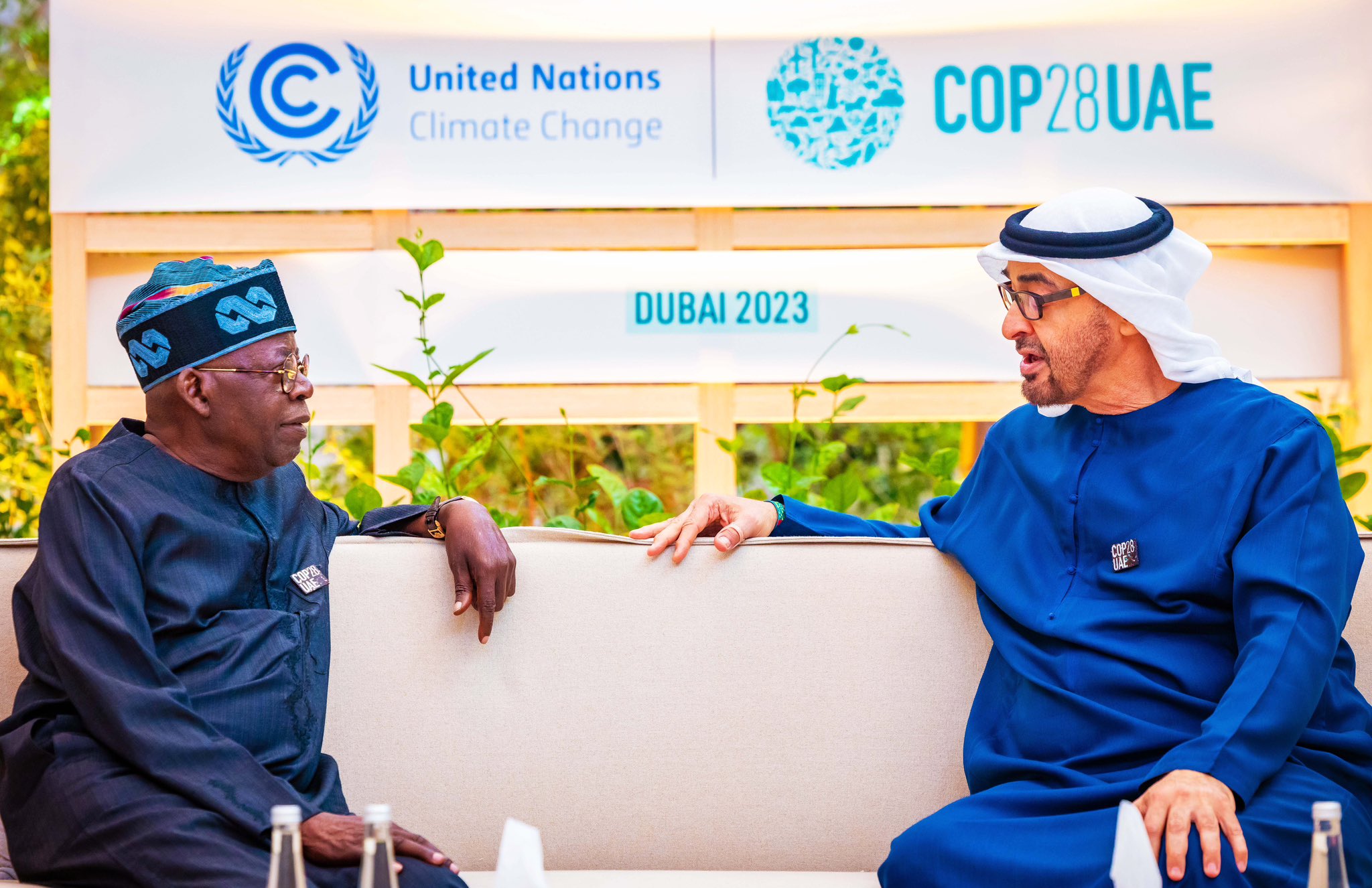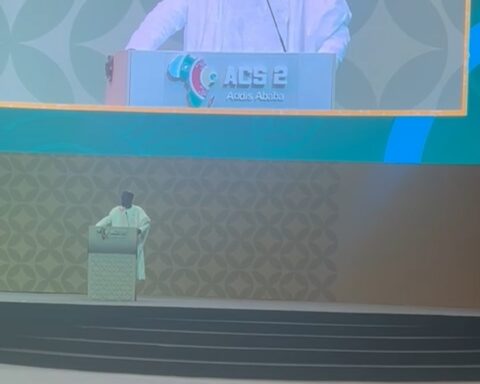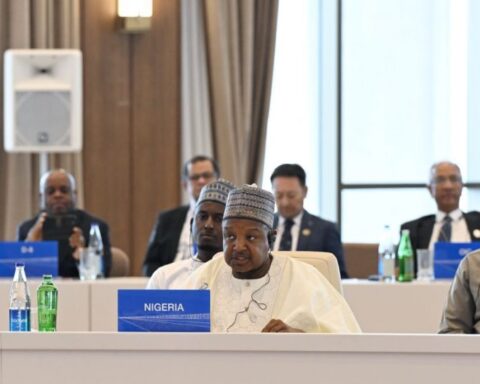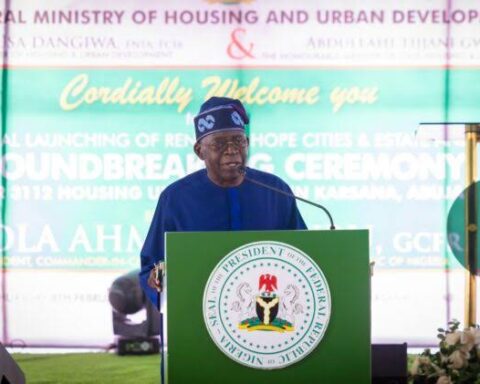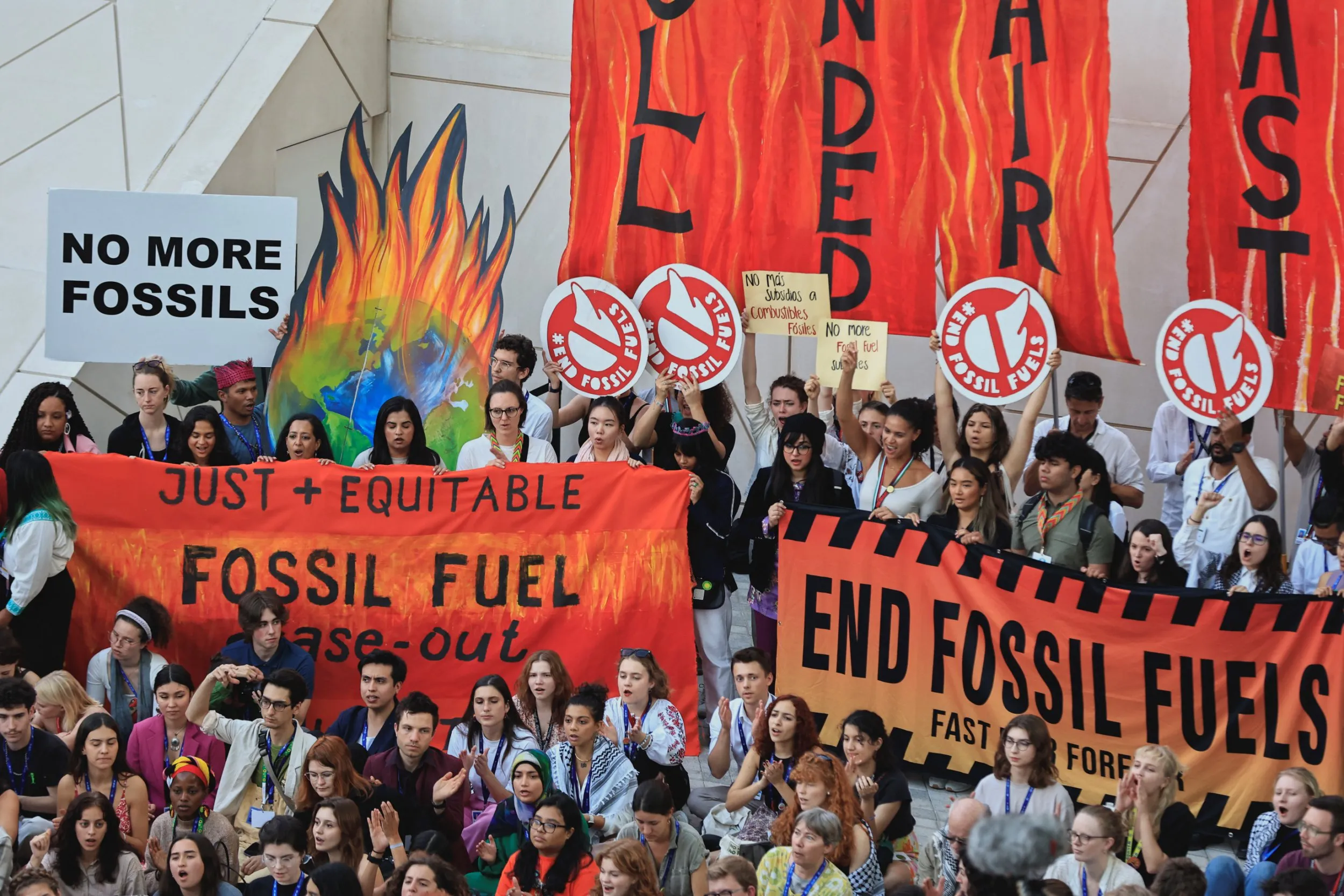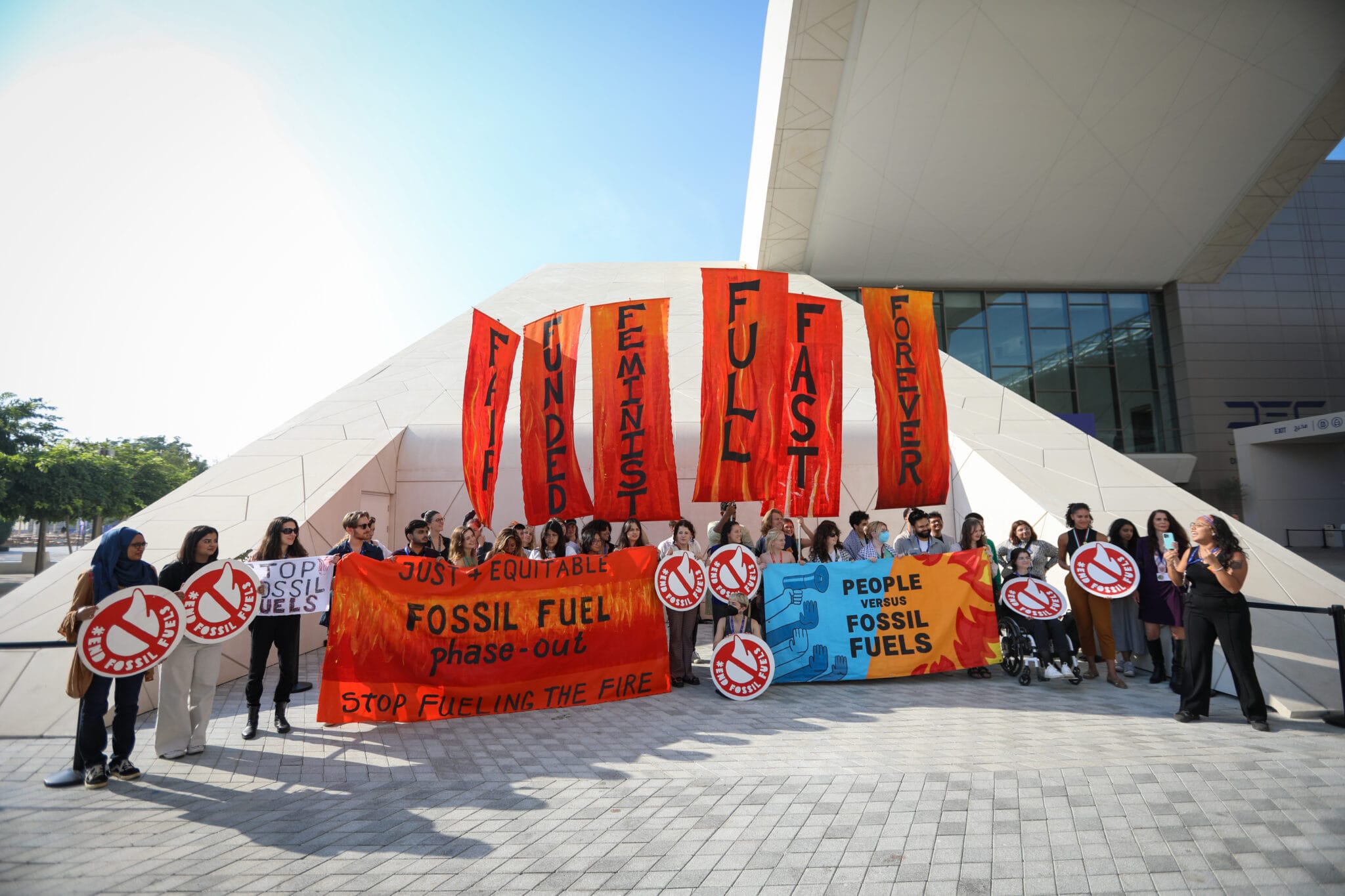In a significant boost to its pursuit of energy transition, Nigeria has achieved remarkable success at COP28, securing over $300 million in commitments, support, and partnerships from various global stakeholders.
The financial commitments and collaborative efforts span diverse sectors, underlining the international community’s recognition of Nigeria’s commitment to transitioning towards sustainable energy solutions.
Representatives from nearly 200 countries had agreed at the end of the COP28 climate summit on Wednesday, Dec 12, 2023, to begin reducing global consumption of fossil fuels to avert the worst of climate change.
The climate conference allowed the Nigerian government and its delegates to meet and interact with global leaders on how to solve its environmental issues and seamlessly transit to green energy.
The conference also afforded government agencies to sign commitments to green and alternative energy.
President, Bola Ahmed Tinubu, at the conference, met with the President of the United Arab Emirates (UAE) Sheikh Mohammed bin Zayed Al Nahyan, thus reinforcing the strong Nigeria-UAE partnership and shared commitment to expanding ties between both countries
Nigeria signed another $150m Lithium Deal with SHEZEN LEMI Technology Development Company of China, for the establishment of a lithium-ion battery manufacturing and processing factory starting in the second quarter of 2024.
The country also secured pledges on Humanitarian Response from the United Arab Emirates and the Islamic Development Bank to help the country solve its humanitarian problems.
The pledge was an outcome of a meeting between the Minister of Humanitarian Affairs and Poverty Alleviation, Dr. Betta Edu, and the Secretary General of the UAE Red Crescent, His Excellency Hammoud Al-Junaibi.
The event further saw Nigeria reiterating its commitment to ending gas flaring during a side event where Tinibu met with the President of COP28, Dr. Sultan Ahmed al-Jabar; the United States Special Envoy on Climate, John Kerry, and the Chinese Envoy on Climate, Xie Zhenhue.
The COP28 also presented Nigeria with the signing of an accelerated performance agreement with German Chancellor, Olaf Scholz to expedite the implementation of the Presidential Power Initiative (PPI) to improve electricity supply in the country.
President Tinubu also hosted a high-level meeting with stakeholders and investors on the Nigeria Carbon Market and the Electric Buses Rollout Programme. He unveiled the Nigeria Carbon Market Activation Plan, co-chaired by the Executive Chairman of the Federal Inland Revenue Service (FIRS), Mr. Zacch Adedeji, and the Director-General of the National Council on Climate Change (NCCC), Dr. Dahiru Salisu.
Nigeria, as part of developing countries, will share in the pledges made by the UAE, the UK, the World Bank, and other developed countries and global agencies towards the stock take and global emissions reduction.
Aside from the federal government, the Nigerian Private Sector participation at the COP28 is a plus to its driving the country’s push for green energy.
Oando Clean Energy announced an ambitious initiative to introduce 12,000 electric buses in the country to boost Nigeria’s target of achieving net-zero emissions by 2060.
The Executive Vice President of Oando Clean Energy Ademola Ogunbanjo, announced at a side event held at the Ngeria Pavillion.
He revealed that the company is set to commence the assembly of electric buses in Nigeria by 2026, following the successful completion of viability tests and an Environmental Impact Assessment for the project.
Also committing to contribute to Nigeria’s energy transition were the Nigerian National Petroleum Company Limited (NNPCL), the Nigerian Police, the Niger Delta Development Commission (NDDC), the Hydro Power Producing Areas Development Commission (HYPPADEC), and a host of others.
No fewer than three states of the federation were also able to negotiate and secure partnerships in solving their various environmental problems.
Among them is the Cross River State government which signed a close to one billion dollar Memorandum of Understanding (MOU) with Oando Energy, for the provision of electric vehicles in the state.
The MOU included a 100 MW energy project and electric vehicle infrastructure, towards Nigeria’s 2060 Net Zero target. Zamfara State was also said to have secured a deal towards addressing its environmental challenges
Furthermore, the conference afforded civil society organisations in Nigeria to close ranks with other CSOs across Africa on the call for climate justice and the payment of climate debt to African countries.
By Dare Akogun


